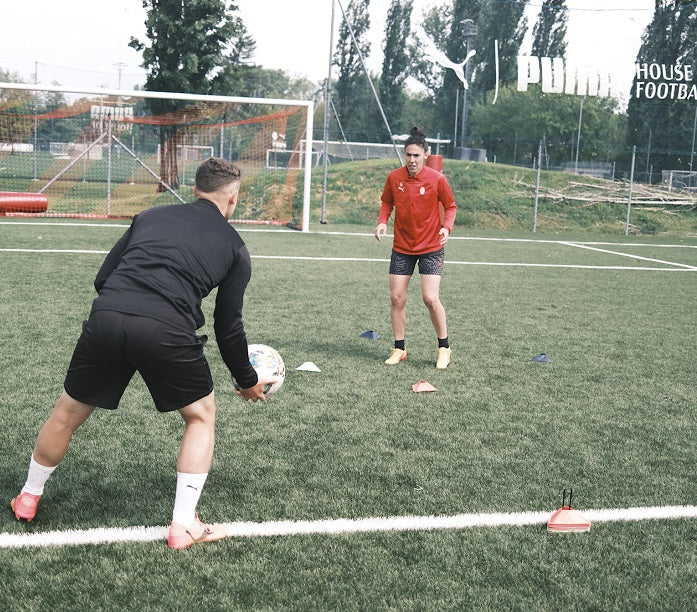Introduction
Football, one of the world's most popular sports, has a long and varied history. Its origins date back to ancient times, and over the centuries the sport has developed into the modern game that millions of people enjoy today. This article provides an overview of the most important stages in football history and highlights the development of the game.
The Origins of Football
Ancient Ball Games
The origins of football can be traced back to ancient times. Ball games were played in various cultures that bore similarities to modern football. In China, a game called "Cuju" was played as early as the 2nd and 3rd centuries BC, which involved kicking a ball through a net. Similar games also existed in ancient Greece and Rome, known by different names such as "Episkyros" and "Harpastum".
Medieval Games
In the Middle Ages, numerous ball games were played in Europe that are considered to be the forerunners of modern football. In England, so-called "mob football" was particularly popular, in which large groups of players tried to get the ball over long distances into the opposing team's goal. These games were often rough and chaotic and were played in the streets and fields of towns and villages.
The emergence of modern football
The founding of the Football Association
The modern form of football originated in England in the mid-19th century. In 1863, the Football Association (FA) , the world's first official football organization, was founded. The FA established the first standardized rules for the game, which became known as the "Laws of the Game." These rules formed the basis for modern football and helped to standardize the game and increase its popularity.
International distribution
During the late 19th and early 20th centuries, football spread worldwide. British traders, workers and sailors brought the game to other countries, and football clubs and leagues soon emerged in Europe, South America, Africa and Asia. In 1904, the Fédération Internationale de Football Association (FIFA) was founded, which acts as the world governing body for football and organizes international competitions.
development of professional football
The first leagues and tournaments
The first professional football leagues were formed in England and Scotland in the late 19th century. The English Football League was founded in 1888 and was the first league of its kind. Other countries soon followed, and national leagues were formed across Europe and beyond. The first international tournaments were also held, including the Olympic Games, where football has been a discipline since 1900.
The World Cup
FIFA organized the first FIFA World Cup in 1930, which took place in Uruguay. Since then, the World Cup has been held every four years and is the most prestigious tournament in international football. It has helped to promote and popularize football on a global level.
Football in Switzerland
beginnings and development
Football also has a long tradition in Switzerland. The oldest football club in Switzerland still in existence, FC St. Gallen, was founded in 1879. The Swiss national football team took part in the Olympic Games for the first time in 1924 and reached the quarter-finals of the World Cup in 1934.
The Super League
The highest division in Swiss football is the Super League, which has existed under this name since 2003. It is the successor to the National League A and includes the best teams in the country. FC Basel and BSC Young Boys have been the dominant teams of the last few decades and have won numerous national titles.
The Influence of Football on Society
Social and cultural significance
Football has a huge impact on society and culture around the world. It brings people from different backgrounds and social classes together and promotes a sense of community. Football matches are social events watched by millions of fans and the players themselves are often role models for young people.
Economic impact
Professional football is also a significant economic factor. Clubs generate income through ticket sales, sponsorship, merchandising and media rights. Major tournaments such as the World Cup and the European Championship have a significant economic impact on the host countries and cities involved.
Conclusion
The history of football is rich in cultural and social influences and shows the development from simple ball games in ancient times to a global phenomenon. Football is more than just a game today; it is an important part of the social and cultural landscape worldwide.


